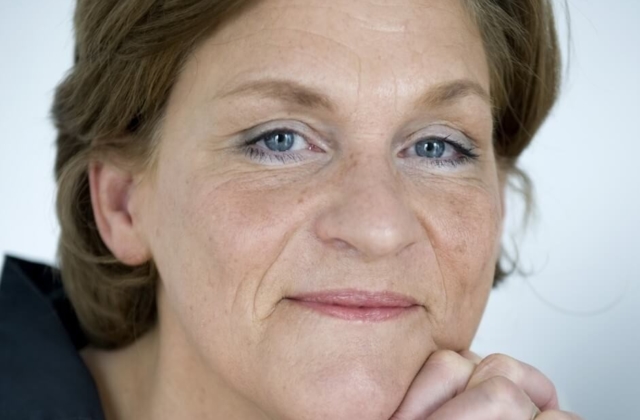Cantillon, Bea
Van Doorn Fellow

Cold and Warm Solidarity and the Making of a European Social Union: The Case of Food Banks and the European Pillar of Social Rights
Research Question
How can ‘cold and warm solidarity’ be balanced in rich welfare states and what is the role of the EU herein ?
Project Description
The core diagnosis that triggers this research proposal pertains to three observations: (1) the long lasting disappointing poverty trends in Europe and the structural inadequacy of minimum income protection ; (2) the rising food bank usage which is seconded by the European Union by means of the ‘Fund for European Aid to the Most Deprived’ (FEAD) and (3) the attempts to develop a “European Social Union” that should support national welfare states on a systemic level, most recently by the proclamation of the European Pillar of Social Rights (EPSR). This raises questions about (a) the balance between ‘cold and warm solidarity’ through respectively delivering on social rights and benevolent social action and (b) the role of the EU herein.
By empirical research on the relationship between food banks and the right to adequate minimum income protection – do they reinforce each other or does the former rather inhibit improvements of social safety nets? – and by linking the rich literature on the welfare state, social innovation and the European Social Union the research will contribute to new perspectives of welfare state change.
Selected Publications
The paper The Paradox of the Social Investment Sate published in 2011 in the Journal for European Social Policy was one of the first empirically grounded critiques of the influential social investment paradigm. The argument was that in order to reduce poverty countries must develop not only effective employment and social investment policies but also increase the distributional capacity of the welfare state.
In Reconciling Work and Poverty Reduction, co-edited with Frank Vandenbroucke and published by Oxford University Press in 2014, we addressed the disappointing outcomes of the EU’s Lisbon strategy by examining empirically the link between poverty on the one hand and labour market participation and the distributive capacity of welfare states on the other hand. In the book we developed the idea of the advent of a “social trilemma”.
In Decent Incomes for all, co-edited with Tim Goedemé and John Hills ( forthcoming with Oxford University Press ), we show what it means to live below the European poverty threshold and why it is important to reduce the number of households below that threshold. We point to policy packages to meet the European social targets and signal difficult trade-offs involved. The book presents innovative methods to identify coherent policy menus capable to improve the living conditions of those at the bottom and tools to construct output indicators to monitor progress in a concrete way.
-
 Fellowship
FellowshipVan Doorn Fellowship
-
 Fellow
FellowBovens, M.A.P.
-
 Fellow
FellowSchuyt, Kees
-
 Fellow
FellowRuppert, Evelyn